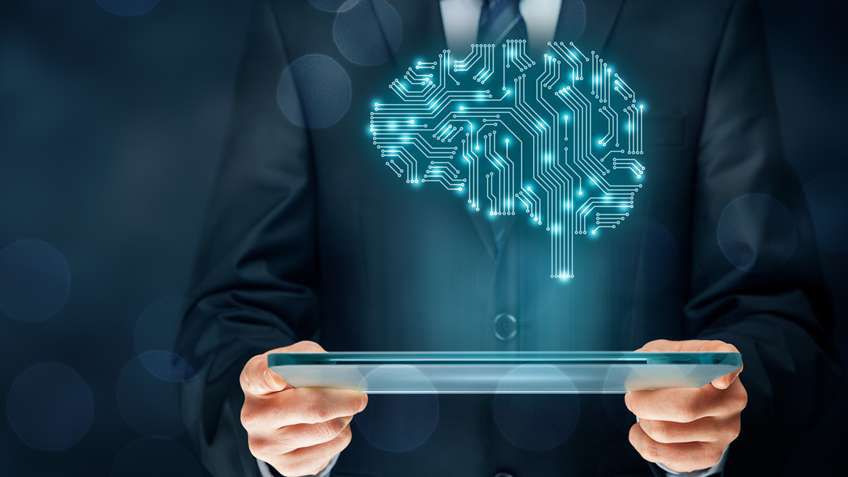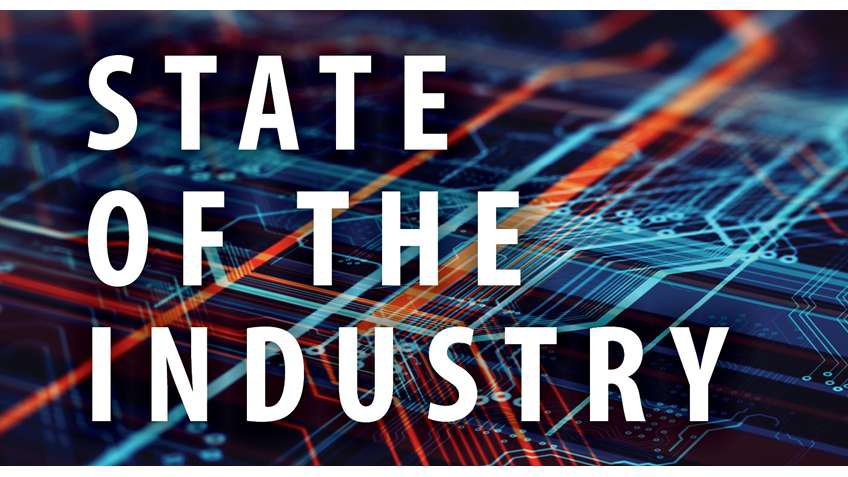We’ve seen how retail changed with online ordering and next-day delivery. Virtual education is making school more accessible and affordable to the masses.
Any business that hasn’t considered how the cloud, mobility and big data will change its business model is in for a rough ride.
The International Data Corporation (IDC) predicts that by 2020, we’ll create 1.7 megabytes of new data every second for every person on the planet.
Digital transformation will put 20 billion devices online by 2020 (some estimates are as high as 40-50 billion). That’s five connected devices for every person.
This transformation requires people comfortable with disruption in all forms:
- We used to build fences around robots; now collaborative robots (or cobots) are working next to and collaborating with humans
- As we move closer to custom, made-to-order products, manufacturing must become more flexible leveraging sophisticated CAD, modeling and simulation to ensure products are made correctly the first time
- As we connect more things together, we need standards that support the interconnection and semantic data. These standards can be as valuable as innovation – maybe more
- We’re preparing for jobs that haven’t been invented yet (the Institute for the Future estimates that 85% of the jobs in 2030 haven’t been created)
How do we handle all of this change? We can become overwhelmed; or we can use emerging and proven technology to get deeper insights that will make us more innovative than ever before.
Path to Value Creation
In a recent study by Manpower of 18,000 employers in 43 countries, 90% expect to be affected by digitization in the next two years, and 83% of manufacturers will maintain or increase headcount. That shouldn’t be a surprise, since IoT technologies are predicted to create $4 trillion in value.




